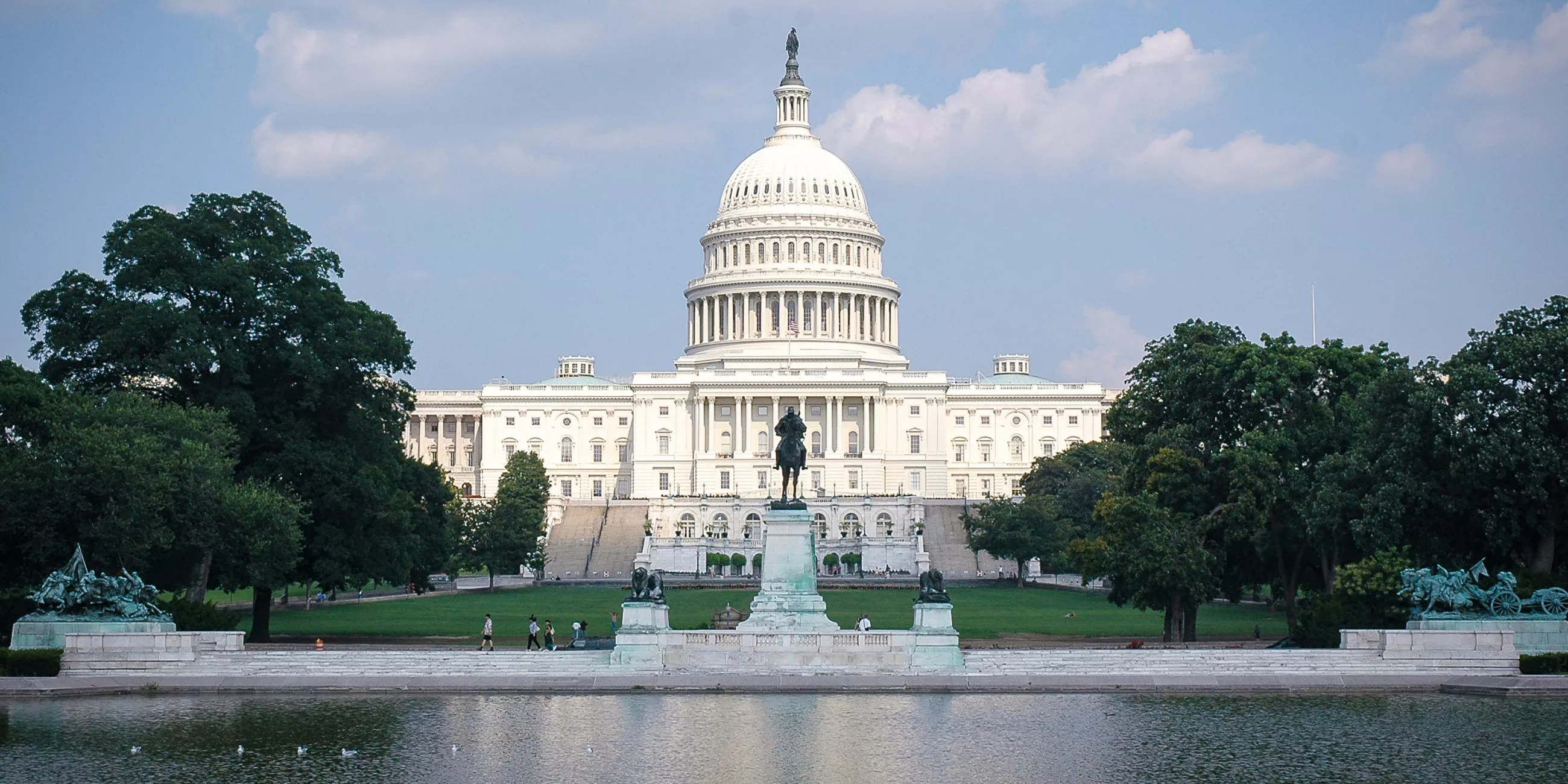On June 10, 2020, the FDA issued an emergency use authorization (EUA) for the first molecular diagnostic test that can generate information about the genomic sequence of the COVID-19 virus.
With the economy reopening, on June 11, 2020, the EEOC updated its COVID-19 Technical Assistance Publication — What You Should Know About COVID-19 and the ADA, the Rehabilitation Act, and Other EEO Laws — to identify concerns that employers may face as they plan for employees to return to the workpl
On June 8, 2020, Mayor Bowser signed the Coronavirus Support Congressional Review Emergency Amendment Act of 2020 (the Act), which the Council of the District of Columbia had unanimously approved on May 19, 2020. The Act is now in effect for 90 days (i.e., until September 6, 2020).
On June 1, 2020, the US Supreme Court unanimously ruled a non-signatory to an international arbitration agreement can enforce that agreement and rely on domestic state law doctrines to compel others to arbitrate.
The Caquelin decision acknowledges the importance of safeguarding precedent, while also reminding the government that it does not have an unbridled right to interfere with private property interests and take land without just compensation.
On May 26, 2020, a Magistrate Judge in the US District Court for the Eastern District of Virginia ordered Capital One to turn over a digital forensic investigation report in a class action arising out of a 2019 cyber incident affecting roughly 100 million US residents.

Many states and localities have issued stay-at-home orders, and have closed on-site business operations to all but essential businesses and their employees. To enable employers to navigate those restrictions, we provide below a brief description of each state’s and the District of Columbia’s stay-at
In four new FAQs issued on June 5, OFAC provides a few surprises in its clarifications of the sector-based sanctions contained in Iran-related Executive Order 13902, which was issued this past January.
Headlines that Matter for Companies and Executives in Regulated Industries
On Friday, June 5 President Trump signed the Paycheck Protection Program Flexibility Act of 2020 (PPP Flexibility Act) into law.
The Paycheck Protection Program Flexibility Act of 2020 removes the CARES Act provision that disallows employers who obtain forgiveness of a PPP loan from deferring the employer portion of Social Security taxes until December 31, 2021 (one-half) and December 31, 2022 (one-half).
The Commercial Division of the New York State Supreme Court for New York County (O. Peter Sherwood, Justice) recently granted the fashion models-plaintiffs class action status to a long-simmering dispute as to whether they are employees under New York Labor Laws, and not independent contractors. Sha
Today we are writing about one that defendants should pursue in cases when the tort occurs on federally owned land: “federal enclave” jurisdiction.
Earlier this week, the US Department of Justice published updated guidance on how it evaluates corporate compliance programs when conducting investigations, making charging decisions, and negotiating pleas or other agreements.
CCPA enforcement begins July 1, 2020, and depending on the timing of the expedited review, it now may include enforcement for the Attorney General’s Final Regulations.
A number of governments have imposed export controls on the export of a variety of medical (and industrial) PPE. In other words, if you want to import face masks into the US from a European country, you need a license to export them from the EU first.
After facing several hurdles, effective June 1, 2020, the National Labor Relations Board (NLRB) has finally implemented a host of changes to its rules and regulations governing representation elections.
Confirming decades of established precedent, the California Supreme Court recently concluded in Nationwide Biweekly Administration, Inc. v. Superior Court of Alameda County, that there is no right to a jury trial in Unfair Competition Law (UCL) or False Advertising Law (FAL) actions.
On April 17, 2019, the Trump administration reversed course on more than 20 years of Cuban policy and announced that it would end the suspension of Title III of the Libertad Act, permitting US nationals to bring claims against entities “trafficking” in properties owned by them in Cuba and confiscate
Across the country, health care providers have struggled during the COVID-19 pandemic in the face of declining revenue and increased expenses.
On Friday, May 29, 2020, President Trump issued a proclamation, effective Monday, June 1, 2020, suspending indefinitely the entry into the US of certain Chinese students and researchers.
Massachusetts retail recreational cannabis establishments reopened on May 25, 2020, for curbside delivery after Governor Charles Baker ordered a phased reopening of state businesses.
The viability of Nationwide Permit (NWP) 12 – used to authorize certain actions during utility line construction – is uncertain.
Recently, while attention has understandably been focused on employment issues arising out of the COVID-19 pandemic, the Maryland legislature has passed several non-pandemic pro-employee laws that were not vetoed by Governor Larry Hogan. All of these laws become effective on October 1, 2020.
FDA has yet again revised its Enforcement Policy for the US importation and distribution of face masks and respirators during the COVID-19 pandemic.